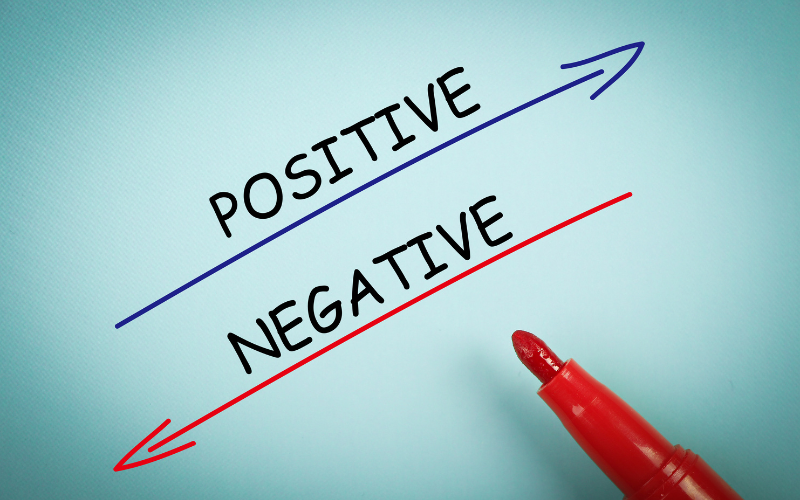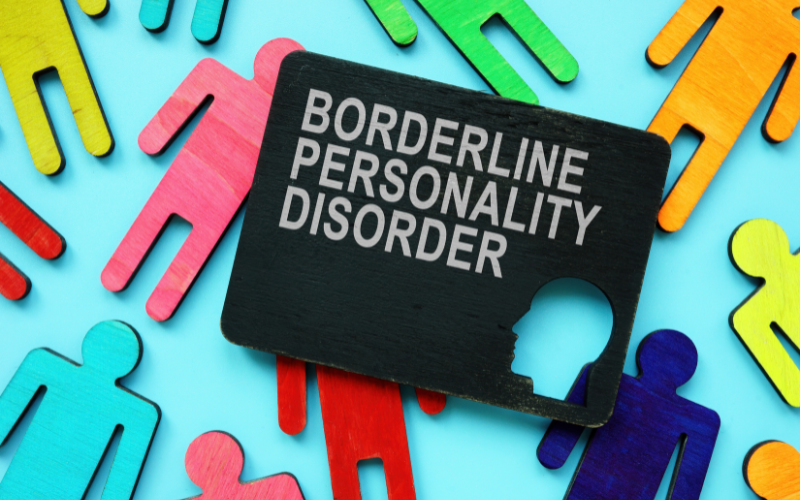Toxic positivity is a term used to describe the unrealistic and harmful pressure to always look on the bright side and suppress negative emotions.
It’s the idea that we must ignore our struggles, pain, and difficulties and maintain a positive attitude at all times, regardless of the situation. While it’s important to maintain a positive outlook and focus on the good things in life, toxic positivity can have a harmful impact on our mental and emotional well-being.
In this article, we’ll explore what toxic positivity is, its consequences, and how to recognize and avoid it.
The Harmful Consequences of Toxic Positivity
Toxic optimism can have a significant impact on our mental and emotional health. Here are some of the harmful consequences of toxic positivity:
- Denial of reality: By ignoring negative emotions and experiences, toxic positivity can prevent us from facing and processing difficult situations. This can lead to denial of reality, which can be damaging in the long run.
- Suppression of emotions: When we are told to always look on the bright side, we may suppress our negative emotions, which can lead to emotional build-up and eventually explode in unexpected ways.
- Inability to cope: When we are unable to process negative emotions, we can become overwhelmed, leading to an inability to cope with difficult situations.
- Increased stress: By ignoring negative emotions, toxic optimism can increase our stress levels, making it harder to handle difficult situations.
Recognizing Toxic optimism
Here are some signs that you may be experiencing toxic optimism:
- Ignoring or downplaying negative emotions and experiences
- Feeling guilty or ashamed for feeling negative emotions
- Encouraging others to ignore or suppress their negative emotions
- Refusing to acknowledge or talk about difficult situations or experiences
- Focusing solely on the bright side, even in the face of challenges or difficulties

Avoiding Toxic Positivity
To avoid toxic optimism, it’s important to recognize the signs and understand its impact on our mental and emotional well-being. Here are some tips for avoiding toxic positivity:
-
- Embrace both positive and negative emotions: It’s okay to experience negative emotions, and it’s important to give ourselves permission to feel them. By embracing both positive and negative emotions, we can develop a healthier and more balanced mindset.
- Practice self-compassion: Be kind and understanding with yourself, especially during difficult times. Don’t judge yourself for feeling negative emotions, and instead, try to understand and accept them.
- Surround yourself with supportive people: Surround yourself with people who support and understand you, rather than those who encourage toxic positivity.
- Focus on self-care: Make time for self-care and prioritize your mental health.

The Root of Toxic Positivity
The root of toxic optimism can be traced back to various cultural, societal, and personal factors, including:
- The belief that positivity is always better than negativity
- The stigma surrounding mental health and negative emotions
- The pressure to always be happy and successful
- The desire to avoid facing difficult or uncomfortable situations
FAQs:
Is Toxic Positivity Gaslighting?
Toxic optimism can have elements of gaslighting, which is a form of psychological manipulation that involves denying or downplaying someone’s experiences or emotions. When someone tells you to ignore or suppress your negative emotions, or tries to make you feel guilty for feeling them, it can be a form of gaslighting.
What are the consequences of toxic optimism?
The consequences of toxic optimism include denial of reality, suppression of emotions, inability to cope, and increased stress.
How can I recognize toxic positivity?
You can recognize toxic positivity by paying attention to the messages and attitudes you encounter, especially when it comes to negative emotions. If someone tells you to always look on the bright side, or to ignore your struggles, it may be an example of toxic positivity.
How can I avoid toxic optimism?
To avoid toxic optimism, it’s important to embrace both positive and negative emotions, practice self-compassion, surround yourself with supportive people, and focus on self-care. Additionally, try to recognize and challenge toxic messages and attitudes, and seek out a more balanced and healthy outlook.
Why Do People Use Toxic Positivity?
People use toxic optimism for various reasons, including:
- To cope with their own struggles and difficulties
- To avoid facing their own negative emotions
- To avoid facing difficult or uncomfortable situations
- To maintain a positive image or reputation
- To avoid being perceived as weak or vulnerable.

Takeaway
Toxic positivity is a harmful and unrealistic pressure to always look on the bright side, regardless of the situation. By ignoring negative emotions and experiences, toxic positivity can have a significant impact on our mental and emotional health. To avoid toxic positivity, it’s important to embrace both positive and negative emotions, practice self-compassion, surround yourself with supportive people, and focus on self-care. By developing a more balanced and healthy outlook, we can promote a healthier and happier mindset. Remember, it’s okay to experience negative emotions and it’s important to give ourselves permission to feel them. By embracing both positive and negative emotions, we can develop a healthier and more balanced mindset.



